The Irishman
“Would you like to be a part of this, Frank? Would you like to be a part of this history?”
“They don’t make ‘em like they used to, but dammit we’re gonna try!” seems to have been on the mind on most filmmakers on the release calendar for last year. Quentin Tarantino gave us a throwback to the Summer of Love, James Mangold went back to a historic 1966 race, Todd Phillips to a tumultuous 1981, and you know what, they were some of the best of the year, and some of the best of their respective careers’. But Martin Scorsese’s latest film stands as an outlier of sorts, serving as a balance between traditional values and advanced filmmaking. This is history in the making, and The Irishman is here to make peace with the old, and usher in the new.
The gangster film sub-genre is one of the few that American cinema can claim to be the originator of. The Godfather films in the 1970’s brought the genre to widespread appeal and acclaim, but Scorsese’s mob outings in the 1990’s (Goodfellas and Casino) cast a different, less romantic light on the kind of people that populate these films. As much fun as the Italian-American mob is to watch on film, you are under no illusion that these are good people. At any moment you can set them off, and mark yourself for death. The good news is, plenty of them get set off in the movies, and boy does it lead to a great watch! Welcome to The Irishman, a long-gestating script from writer Steve Zaillian, finally brought to life by the only director for the job. The film reunites Marty with his long-time leading man, Robert De Niro, playing former mob hitman Frank Sheeran. The film opens with him later in life, as he recounts his time as a hitman for the Italian mob, and his friendship to union leader Jimmy Hoffa (Al Pacino).
As with Scorsese’s previous mafia films, the film is narrated by the lead character as he is in the future, describing his past with a new perspective. What we watch are the events as they happened, what we hear is the remorse in Frank’s voice as he now knows who and what he is. This narrative device has always been extremely effective, as it orchestrates the audience’s level of participation in these events. You’re laughing when Frank remembers something funny, you’re moved when his friend did something kind for him, but most importantly you’re disappointed when he knows where he would have done things differently. This is where The Irishman stands out from the pack, its in these moments of regret Frank has. Scorsese weaponizes Frank’s nostalgia as the moral “slap on the wrist” for his life choices, and to give the audience the feeling of melancholy he is trying to achieve. It’s as if he is saying to us: “I know what you love and remember about my films, and it’s still here. It just doesn’t mean the same to me as it used to.”
“Weaponizing nostalgia” is without a doubt the common thread for the current era of cinema (Disney is the worst offender). The films I mentioned above, along with many other releases, have tapped back into the genres that we used to see a lot more from in the past. The Irishman is another big offender here. While it did find itself in the middle of the most pretentious “What is Cinema?” debate in recent memory (seemingly by design based on the way Marty had purposely joined the annoying discourse), I do believe the humility of the script transcends the film’s attempt at becoming monoculture. “If you had another chance to do it all over again, would you change anything?” is the question at the heart of the film, and in Frank’s case, the answer is a resounding “YES!” Can we blame him for that? I say no. I doubt many of us would pass up the opportunity to right our greatest wrongs.
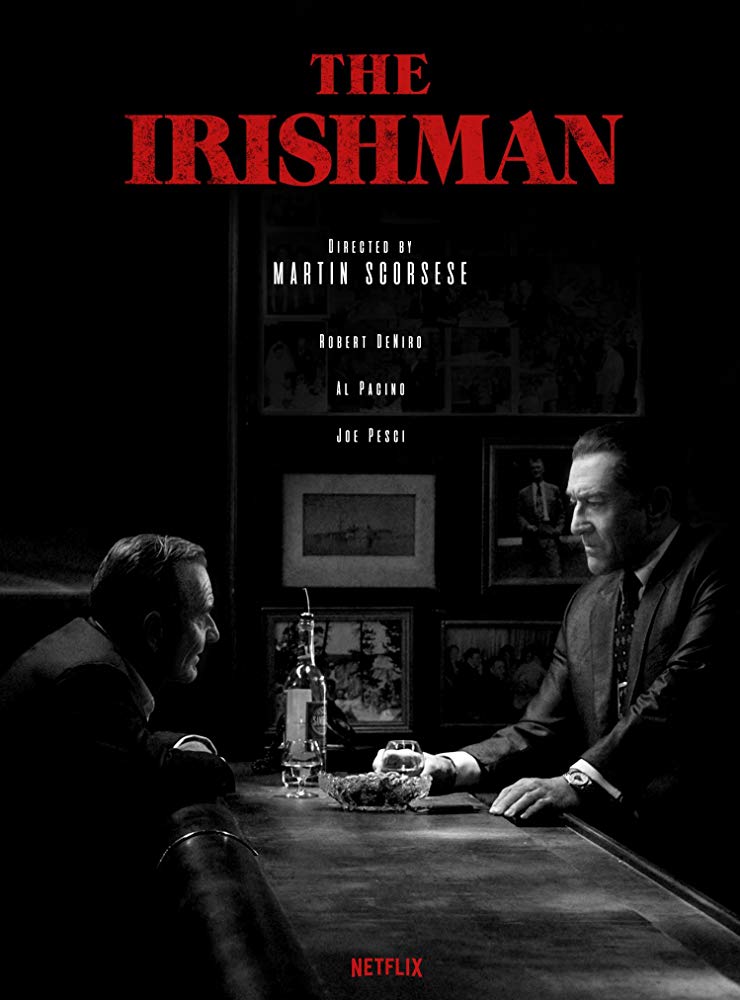
Frank’s revisionist desires are juxtaposed perfectly against Jimmy Hoffa, who believes everything he does to be undisputedly right (all-time performance from Pacino here). His vigor and bombastic persona rooted firmly in the portrait of a man who doesn’t plan on slowing down any time soon for anybody. Jimmy and Frank find great comfort in each other, and it is easy to see why this is friendship for the ages for these two actors. The mutual respect these two performers share has been present in previous De Niro/Pacino outings, but we never got to relish in their shared glory like this before. However, the real piece that holds this movie together is the boss himself; Russell Buffalino. The introduction of Russell early in the film signifies the cinematic return of Joe Pesci, a gift we should all be grateful for. Pesci (known for his shoot first/think later, ill-tempered characters) goes in the opposite direction of what we come to expect from him, and the film is all the better for it. Whereas Pacino gives us a familiar (albeit masterful) vision of Hoffa, Pesci gives us a very thoughtful and simmering idea of a mafioso. You would imagine that De Niro acts as the energetic happy medium of the three main prongs of this story. However, what we get is by-the-book Bob. He’s not doing anything he hasn’t done before, which isn’t the real problem. The problem is that he does not feel as committed to this world as his costars do. To be fair, he is in almost every scene of a three hour and twenty-nine minute movie, so you know what, I’ll go easy on him for having to commute to-and-from the set everyday.
A lot had been made about the de-aging technology used in order to accurately portray the film’s leading men across four decades. Let’s set the record straight, it looks pretty solid and for the most part, it does not take you out of the movie. It should be the last thing on your mind while watching the film. If you drank a lot of water before the movie, the first thing on your mind will be hitting pause on your laptop. If you’re worried about that, you have obviously never seen a Scorsese movie before. Spoiler Alert: They’re all really long. Devil’s Advocate: This one doesn’t move as well as his other films. Potential Sacrilege: This film benefits from the Netflix experience. Splitting the film across two viewings does work nicely with the decade-episodic structure of the film, and it’s probably why Netflix felt confident enough to take on the large price tag for production and distribution for the film.
There is a lot of fear surrounding the release of The Irishman regarding standalone, humanist stories. Marty has made his well-tempered (and ultimately agreeable) opinion well-known, and I would go one step further and say that there is a place for all kinds of films (though looking back on the discourse, you would think that the Avengers threaten the very fabric of the universe, and that you’ll never see a real movie again). The measure of success is too wildly different from film to film. If Netflix didn’t think that they could make money off of this property, would they have paid for it? If a film does not get a wide theatrical release, does that mean it isn’t worth the experience? If just as many people stream the film in their homes, will these kinds of films thrive in a whole new market? If you get caught up in the moment that was 2019, it’d be hard to have seen a silver lining. If you listen to what The Irishman is asking you to do, which is reflect upon the bigger picture, you might just see the potential for greatness that the future holds.
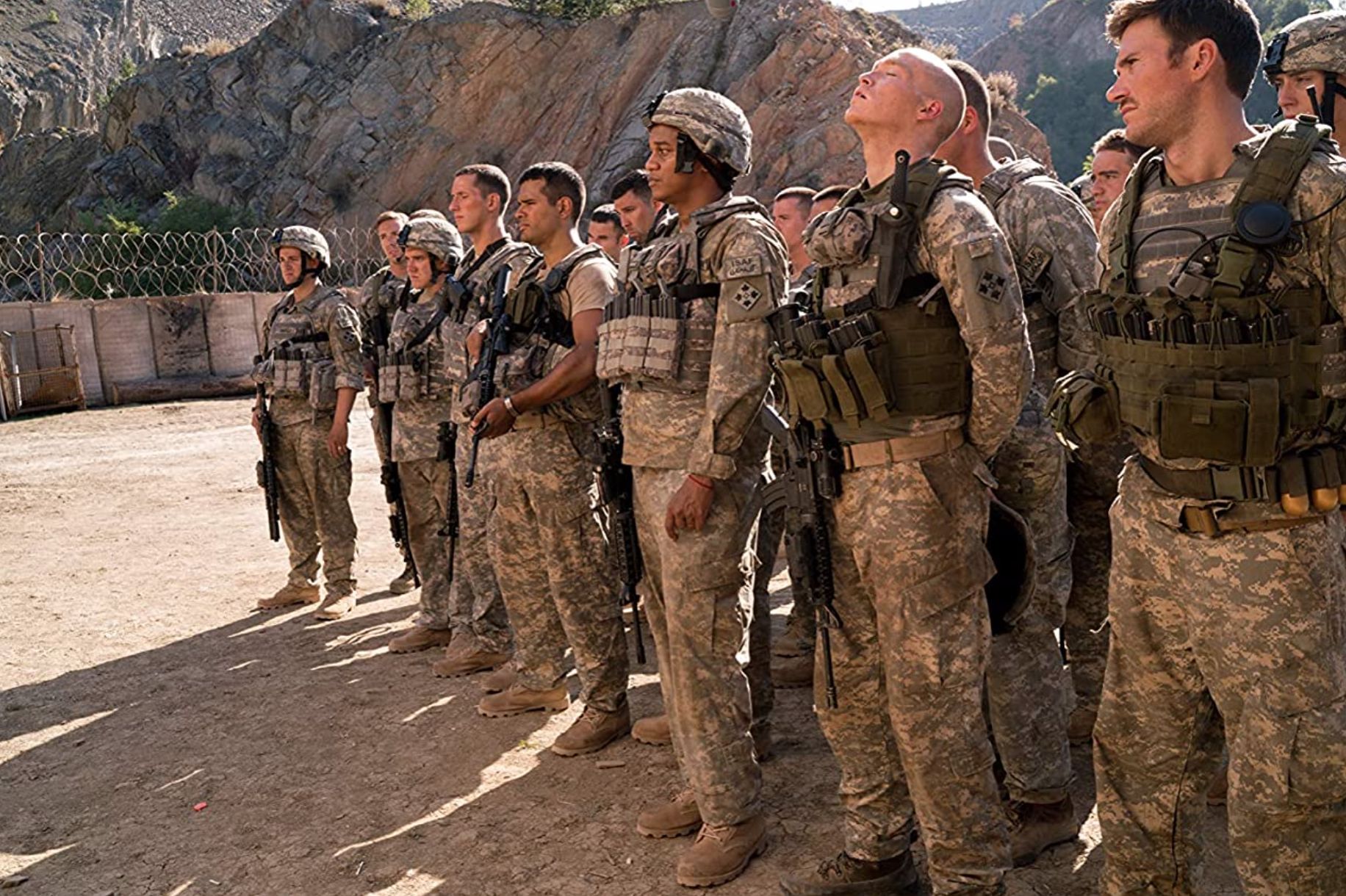

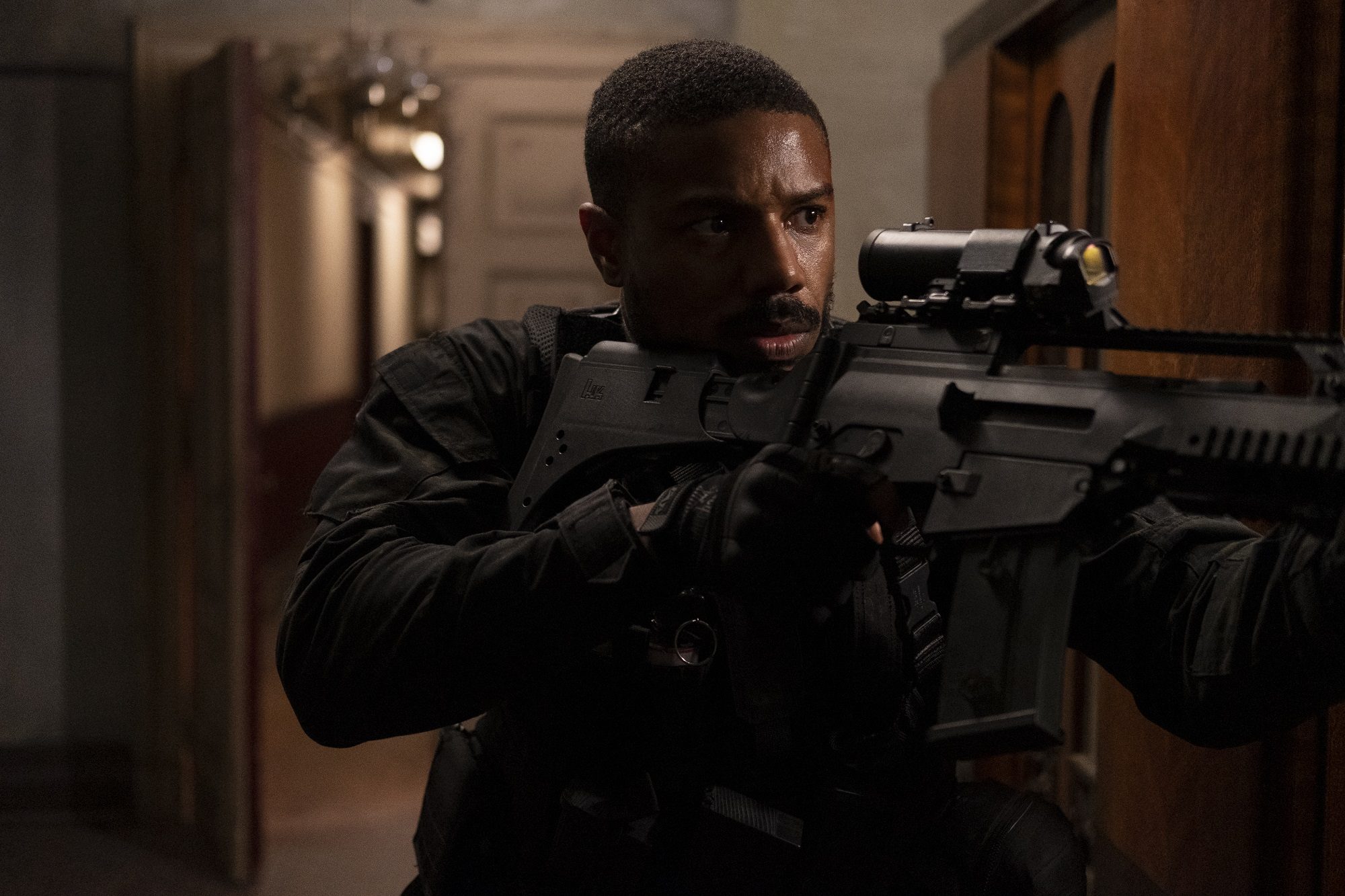
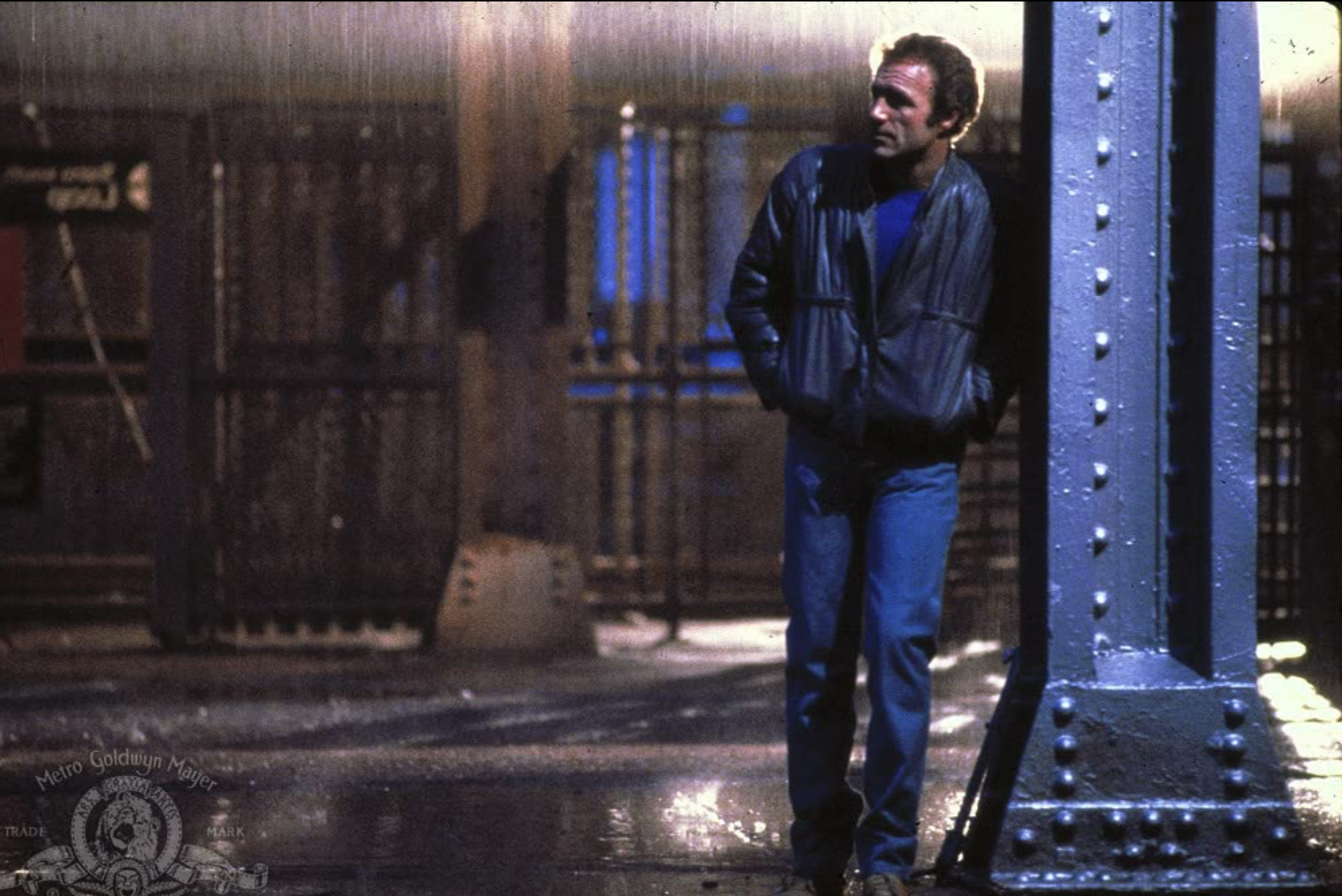
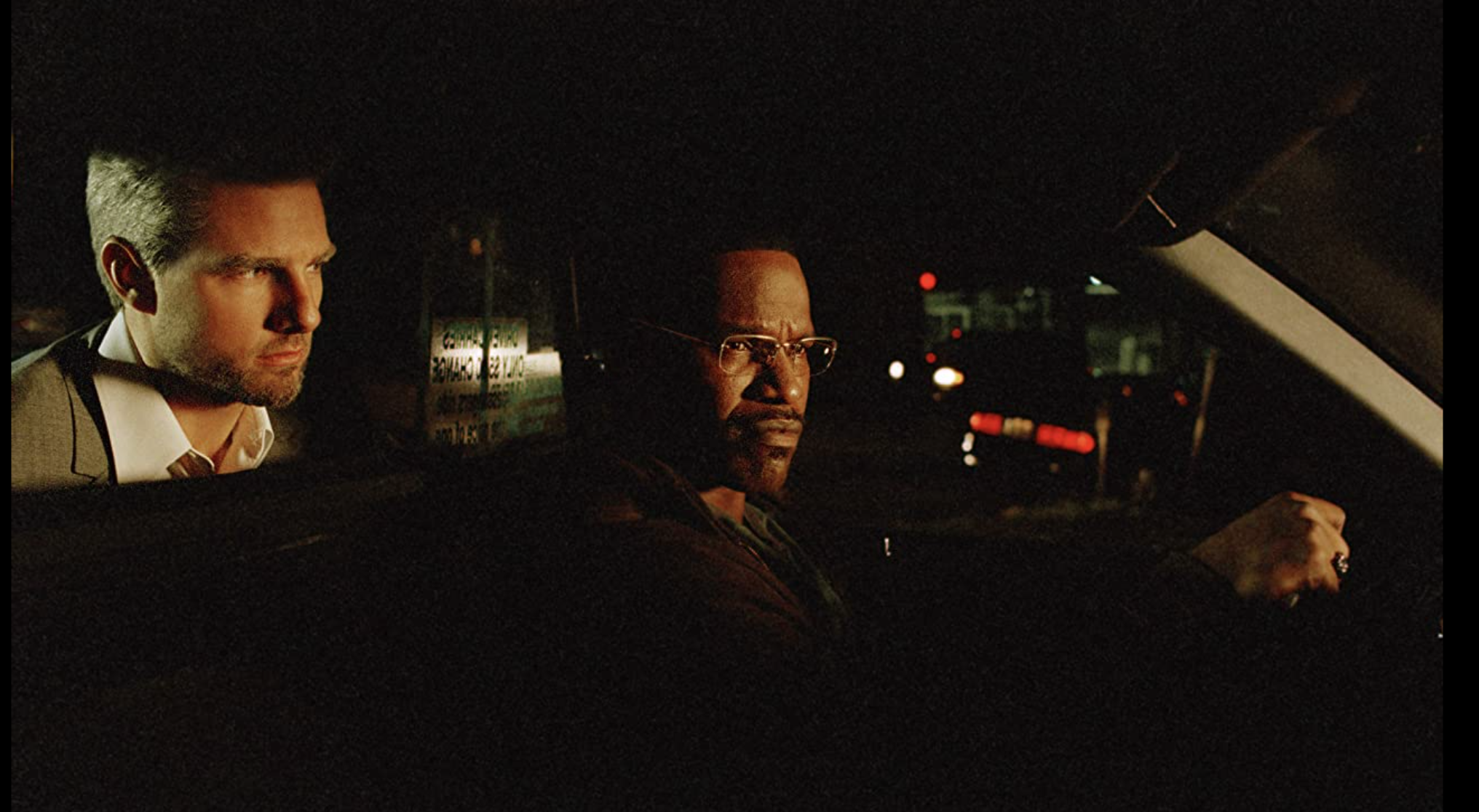
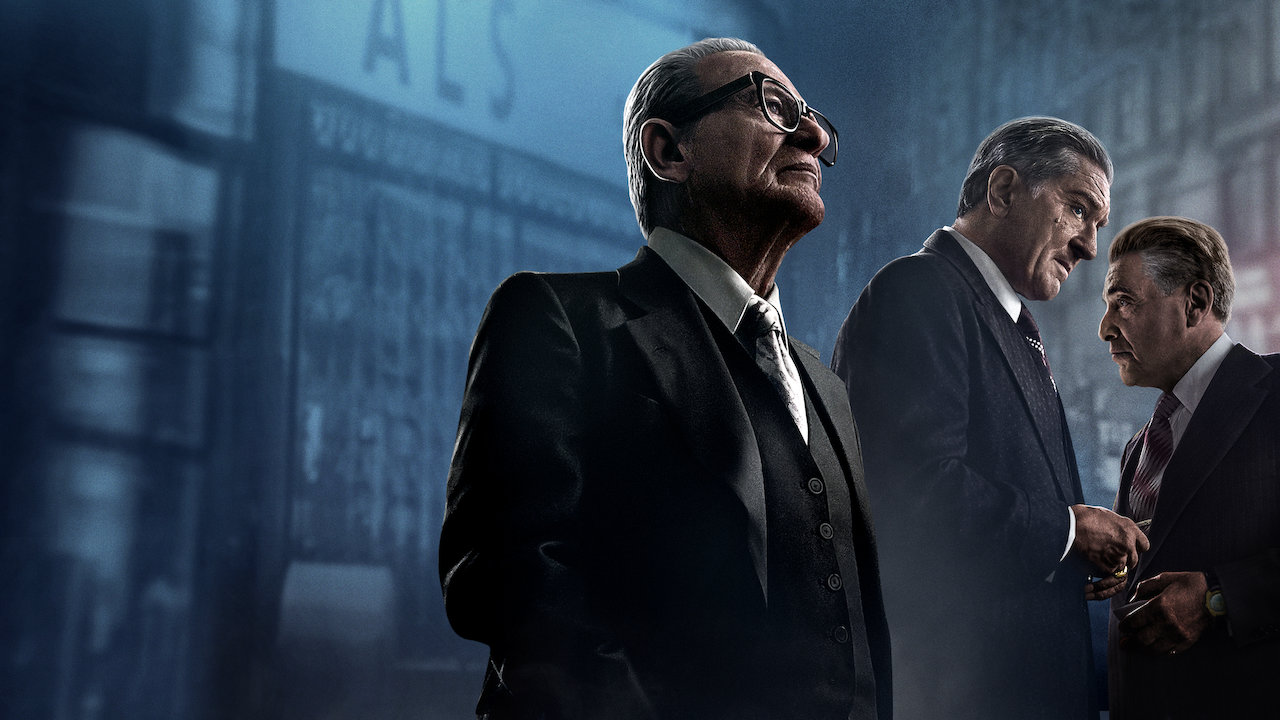



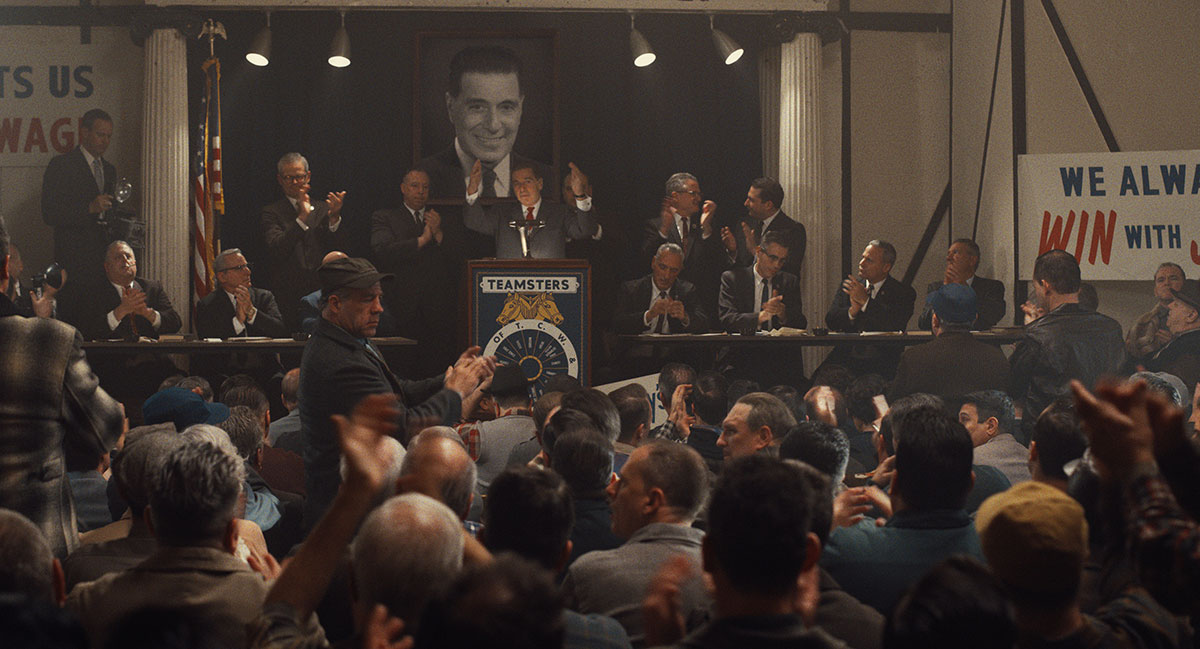
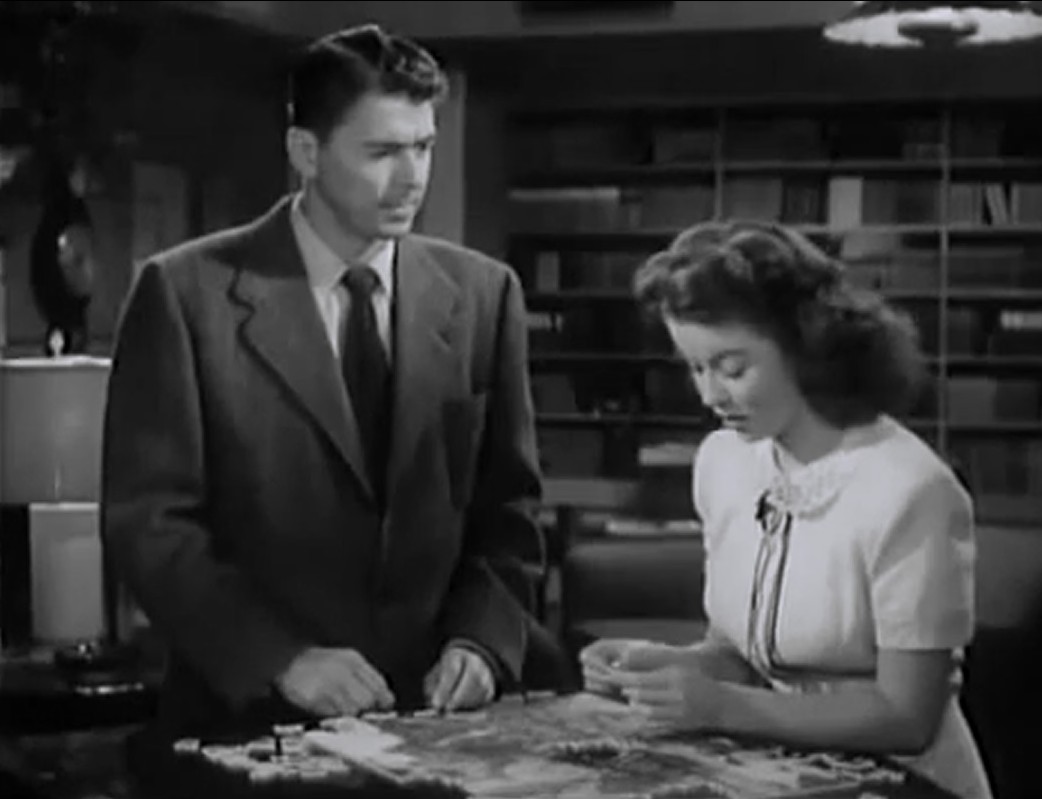
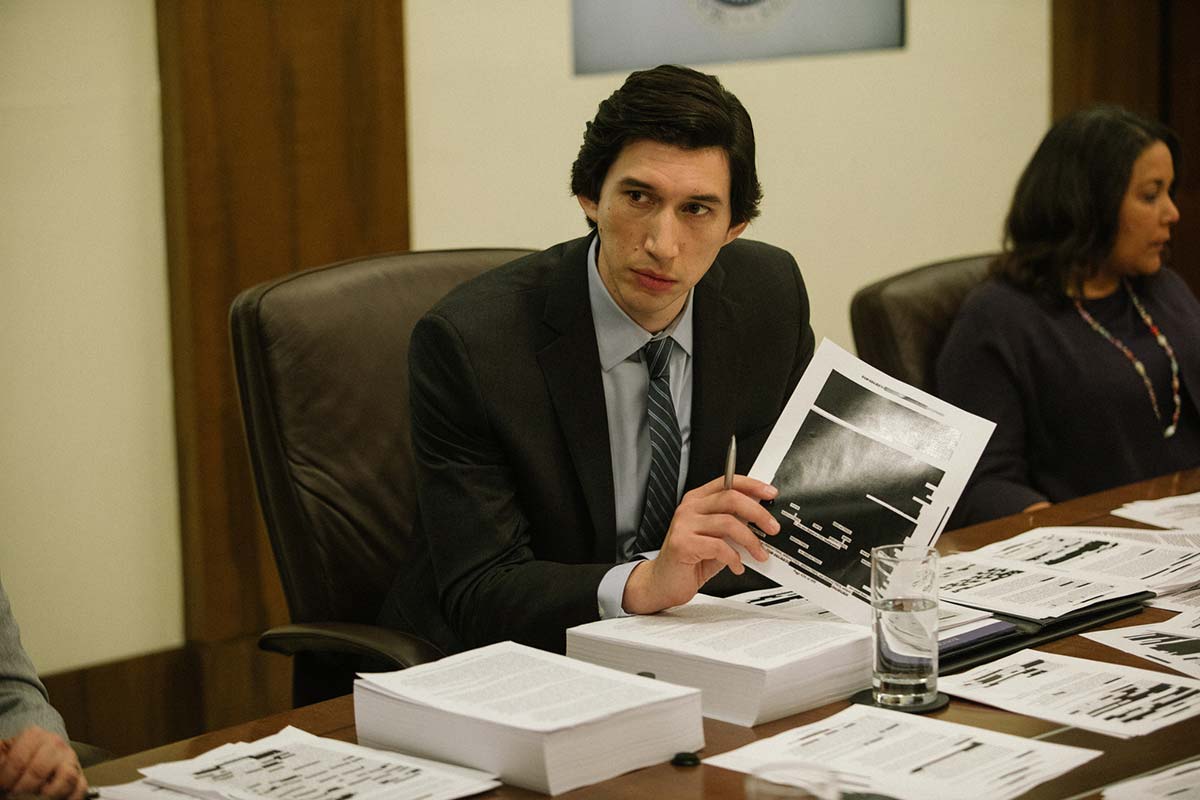
Comments